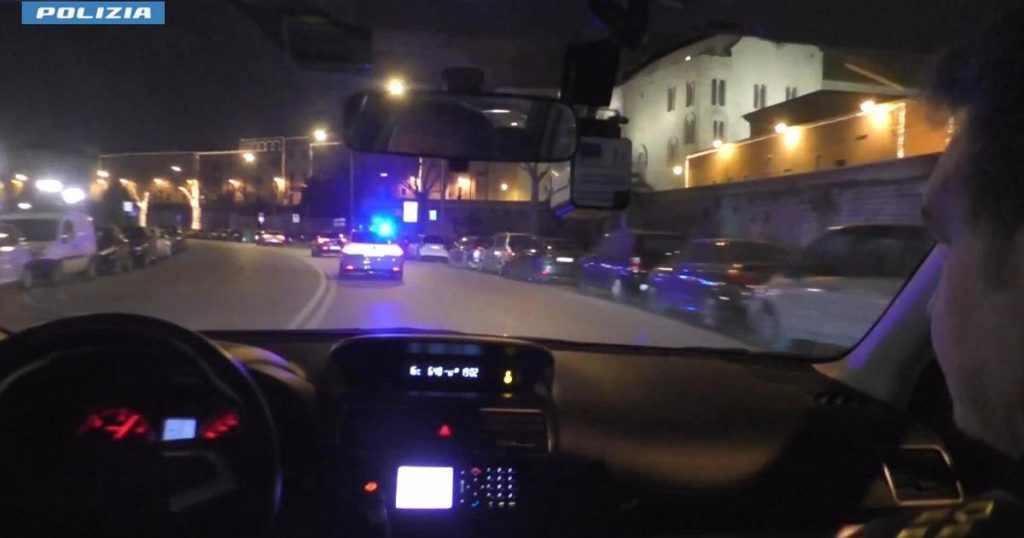The early morning of February 26th saw the execution of two orders by the police in Bari and the metropolitan area, involving 130 people, issued by the preliminary investigation judge at the Court of Bari at the request of the local Antimafia Directorate, along with significant asset seizures. Over a thousand men were involved in the operation codenamed ‘Internal Code.’ Among the recipients of the measures were individuals associated with or connected to the Parisi-Palermiti clan active in the Japigia district of Bari. The individuals involved are believed to be responsible for various crimes including mafia association, extortion, illegal possession of firearms, illicit drug trafficking, disruption of auctions, sports fraud, and the mafia-related offense of political-mafia exchange under Article 416 ter of the criminal code.
The operation, which culminated in the early morning raids, represents the conclusion of meticulous investigations conducted by the police from 2016 to the present day. The investigations involved extensive technological surveillance through phone and online communications, as well as physical surveillance, searches, seizures of weapons (including 30 firearms, 3 silencers, and over 700 cartridges), drugs, and cash, along with arrests made during criminal activities. The evidence gathered from these operations was corroborated by statements from collaborators of justice, within the context of mafia warfare in Japigia that resulted in three murders in 2017. Concurrently with the enforcement of the measures, urgent asset seizures were carried out based on the DDA’s orders against 16 accused individuals, some of whom were already subject to the personal precautionary measures. The seized assets, valued at approximately 20 million euros, included various properties such as apartments, industrial sheds, shares in commercial, industrial, and service companies, bank accounts, luxury cars, and other goods.
The alleged infiltration of the mafia association into certain sectors of political and business life in the region involved placing accomplices within key positions, such as a nephew and brother of the leader, in municipal and automotive companies. The Court’s Prevention Measures Section ordered the non-ablative preventive administration of these companies under Article 34 of the antimafia code, as well as the seizure of a substantial real estate complex. Notably, the arrest of councilor Maria Carmen Lorusso, who was a candidate for re-election in the upcoming local elections, stands out within Bari’s city council. Lorusso, who switched political alliances from the center-right to the center-left and led the council group, was placed under house arrest as part of the investigation into electoral corruption and mafia ties surrounding the 2019 local elections.
The spotlight shines on Carmen Lorusso and Giacomo Olivieri, a couple whose political careers have been embroiled in controversy. Lorusso, who shifted from the center-right to the center-left, garnered votes directed towards the coalition she was affiliated with when elected in 2019, raising concerns of electoral fraud stemming from her husband’s alleged involvement in securing votes from criminal organizations. Giacomo Olivieri, detained in Brindisi, is accused of orchestrating the influx of criminal votes to ensure his wife’s election, a scheme that implicates multiple mafia clans. The couple made headlines during the pandemic for falsely claiming health conditions to receive early access to the Covid vaccine, among other scandals involving family members entangled in legal troubles. The broader political landscape in Bari has seen other figures like Francesca Ferri and Nicola Canonico facing trial for alleged electoral corruption and mafia ties in the same electoral cycle. These individuals are accused of forming a criminal association for electoral corruption and engaging in political-mafia exchanges.


